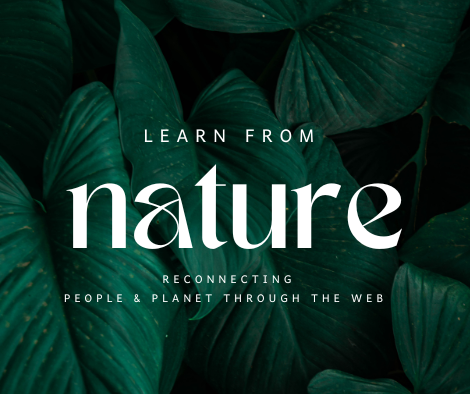
When Kosum Kao-Uthai’s family noticed mysterious imprints in the sand outside the hotel resort they own in Koh Samui, she knew exactly which animal had paid a visit. She remembered spotting the same marks, left by a nesting sea turtle, when, as a teenager, she helped her father farm coconuts on the island.

Kosum hadn’t seen another for five decades. Yet, this year, as the coronavirus pandemic emptied Thailand of tourists, nests belonging to endangered hawksbill and green turtles cropped up across the island. Since February, 838 baby turtles have scuttled their way across the island’s sandy beaches and into the sea, with two nests yet to hatch.
The surge in nests – 19 so far – has delighted conservationists who have been fighting for years to reduce the threats posed by humans. “It is really exciting and we hope that people in Samui will help us protect the turtles in the future – we have a chance,” says Dr Thon Thamrongnawasawat, deputy dean at the faculty of fisheries at Kasetsart University in Bangkok.
Local people and businesses have rallied to protect the animals, building bamboo fences around nests to shield them from roaming water lizards and dogs. Some have camped next to nests in the hope of spotting the babies hatch, or seeing a mother turtle, who usually returns after a break of 10 or 12 days to lay more eggs. One hotel instructed its security teams to keep a watchful eye, visiting every hour, and redirected CCTV and motion sensors to make sure the eggs were not disturbed.
( source and full article – https://www.theguardian.com/environment/2020/aug/21/thailand-turtle-hatchlings-finally-have-the-beach-to-themselves-aoe )

